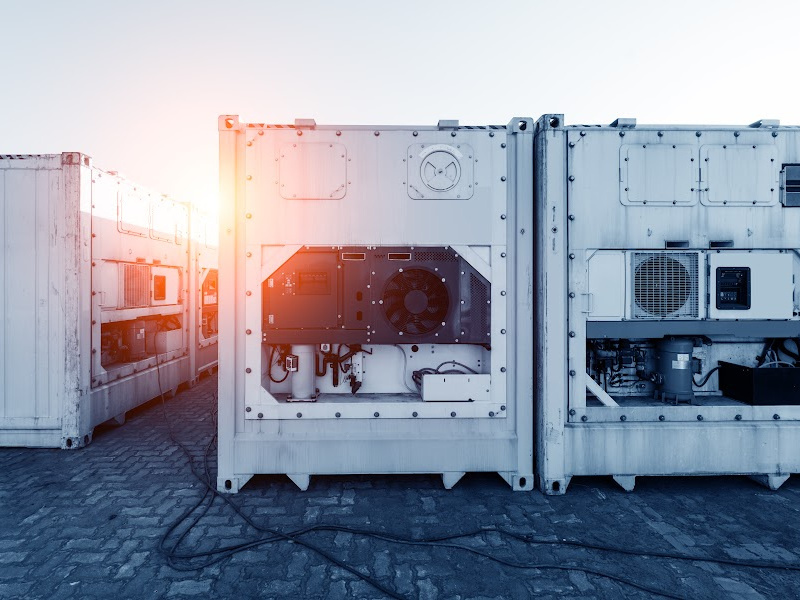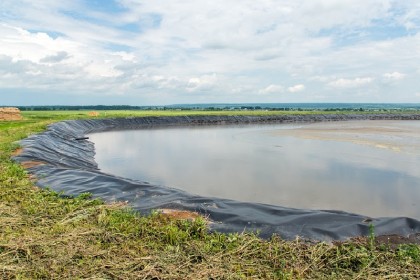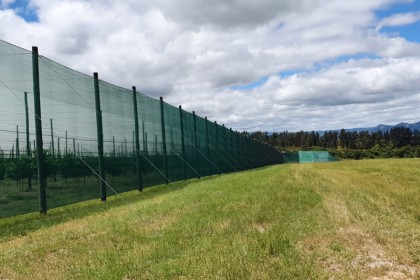
Refrigerated Containers 101
Large temperature-controlled containers are imperative for storing and transporting thousands of goods from various industries. Many perishables are temperature- and humidity-sensitive, and exporting and importing or even travelling with them would prove near impossible if it weren’t for refrigerated containers.
3 Types of Refrigerated Containers
There are various types of refrigerated containers for sale; each with its own use, and maintenance to ensure the smooth-running of them.
Closed Refrigerated Container
This is the most common, single piece refrigerated container available. They typically have an integral sealable and lockable front wall with mulitiple electronic automatic cooling and heating units.
Modified Atmosphere/Controlled Atmosphere (MA/CA)
These refrigerated containers are insulated with an air exchange system that maintains a constant atmosphere by replacing the consumed oxygen.
Automatic Fresh Air Management (AFAM) Refrigerated Container
This type uses modern technology and gauging devices to automatically adjust air exchange within the container to maintain a constant temperature.
Refrigerated Container Benefits
Although there are so many different variants of refrigerated containers, they all boast a common set of benefits, namely:
- They are available in various sizes, making them ideal for road, sea, and air transportation of any size
- They tend to be durable and can operate in any weather condition as long as they are properly cleaned and maintained
- They assist with avoiding wastage of perishables by extending the shelf life of goods
- They provide easy loading and unloading, which speeds up transportation and supply
Refrigerator Containers and Their Cargo
Every type of cargo will require different conditions to thrive during transportation. This cargo falls into three categories:
- Cold storage: These are cold-stored items that don’t need to be frozen – their freshness depends greatly on the temperature they’re kept at; typically, they’ll be ruined if they are frozen, and they will go off if they are kept warmer than they should be. They need to be stored precisely according to their needs i.e. plants and flowers will be kept at different temperatures with varying humidity as opposed to certain vegetables, etc. Cold storage items include:
- Fresh fruits and vegetables,
- Certain seafoods,
- Dairy products,
- Eggs,
- And more
- Frozen storage: This is cargo that must be completely frozen in order to survive transportation and prolonged storage. They are usually kept at around -20°C and below, meaning that the refrigerated containers must be equipped to maintain that temperature over long distances, under varying weather conditions. The freezing temperature helps to eliminate disease-causing bacterial growth, as well as spoilage of taste, aroma, texture, etc. Frozen produce may include:
- Ice cream,
- Frozen meat,
- Poultry and seafood,
- Concentrates,
- Frozen fruit and veg,
- And more.
- Special and miscellaneous: There are certain items that require being kept at certain temperatures to avoid hazards and to maintain optimum shelf life. They oftentimes have special instructions on transportation, handling, and subsequent storage. These can include items such as:
- Pharmaceutical equipment and medications,
- Batteries,
- Chemicals,
- Fuel,
- Tobacco,
- Dry goods,
- And more.
Some Refrigerated Container Tips
There are best practices to keep in mind as packers and unpackers, as well as haulers of refrigerated containers.
- Ensure that the right-sized refrigerated container is chosen for transportation – it needs to be packed tightly to avoid produce falling and breaking, or spilling over. However, ensure that the containers vent is able to remain unobstructed, should cargo shift whilst moving.
- Ensure that you pre-set the temperature and humidity of the container to avoid the produce being stowed in unideal situations that may cause spoilage. Seal the ideal temperature and humidity setting in the container before packing produce into it.
- Ensure there is a constant source of power, and that there are backups just in case of a fault.
- Expensive cargo should be insured in case of any unforeseen issues.
Refrigerated Container Hire
For only a short amount of time of use, refrigerator containers don’t need to be bought. They can be hired from selected South African and International refrigerated container suppliers. For refrigerated containers for hire, and ones for sale, visit our directory.
We also have a host of other service suppliers and agricultural equipment, so explore our business directory to find what you need.












